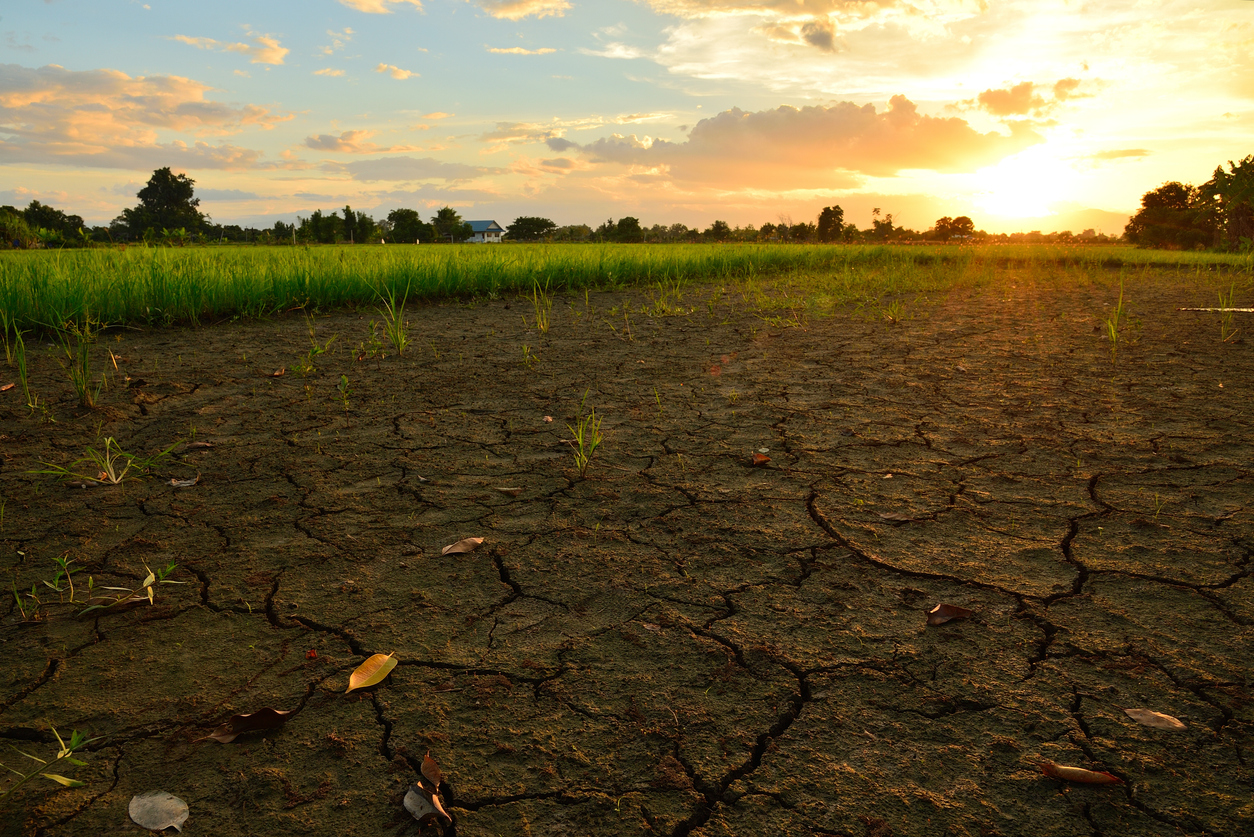
Enabling Plants to Combat Climate Change by Storing More Carbon Dioxide
January 22, 2020| |
Scientists from the University of Würzburg, Germany and partners are exploring on the capability of modified plants to store more carbon dioxide, which can possibly slow down climate change. Their findings are published in Trends in Biotechnology.
Excessive carbon dioxide released through the soil and vegetation respiration that is not absorbed by plants through photosynthesis fuels global warming. The researchers conducted a study on plants with modified metabolism, thus can absorb residual carbon dioxide more efficiently. Initially, they used complex calculations to understand if plants can be modulated to fix more carbon dioxide. They combined two strategies to modulate the metabolism of the plant cell and found that the combination can enable the plants to absorb five times more carbon dioxide than in the normal state.
The next step is to test their theoretical calculations in tobacco plants and Arabidopsis.
For more details, read the news article and the research article in Trends in Biotechnology.
| |
You might also like:
- Study Reveals Climate Change is Already Affecting Global Food Production
- Study Reveals How Climate Change Alters Plant Growth
- Pocket K No. 43: Biotechnology and Climate Change
Biotech Updates is a weekly newsletter of ISAAA, a not-for-profit organization. It is distributed for free to over 22,000 subscribers worldwide to inform them about the key developments in biosciences, especially in biotechnology. Your support will help us in our mission to feed the world with knowledge. You can help by donating as little as $10.
-
See more articles:
-
News from Around the World
- Trending News on Crop Biotech in 2019
- Scientists Engineer Mosquitoes to Repel Dengue Virus
- ISAAA: More than 70 Countries Adopted Biotech Crops since 1996
- VIB Submits Application for New Field Trials of GM Maize
- Enabling Plants to Combat Climate Change by Storing More Carbon Dioxide
- EU Commission Seeks Overhaul of GM Law to Address Gene Editing Regulations
-
Research Highlights
- Overexpression of Pear Gene in Arabidopsis Boosts Abiotic Stress Resistance
- GM Crops with One or More Bt Toxins Do Not Pose Risk for Non-Target Organisms
- Study Shows Genetic Origins of How Plants Evolved from Living in Water to Land
-
Plant
- CRISPR-Cas12a-based DNA Test Used in Disease Detection and GMO Identification
-
Read the latest: - Biotech Updates (December 17, 2025)
- Gene Editing Supplement (December 17, 2025)
- Gene Drive Supplement (February 22, 2023)
-
Subscribe to BU: - Share
- Tweet

